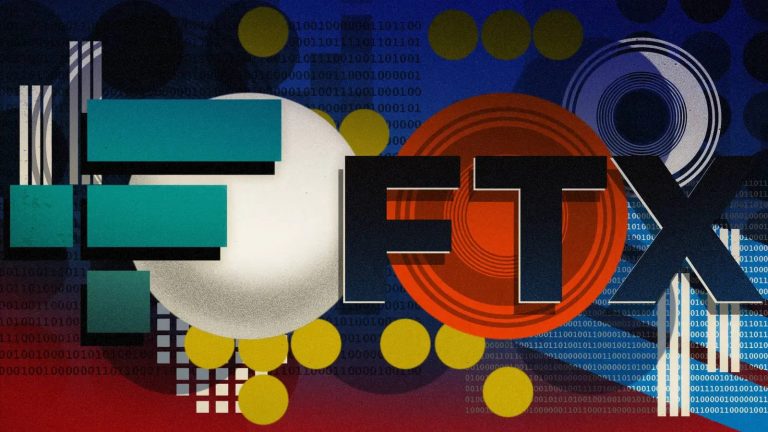
FTX creditors have indeed started receiving their repayments through Kraken Exchange. The process began as part of the court-approved Chapter 11 reorganization plan, with initial payments to eligible creditors starting in early 2025. This includes those with claims valued at $50,000 or less, who are part of the “convenience class” and are set to receive full repayment plus interest. These repayments are facilitated by Kraken and BitGo, with creditors needing to complete necessary steps like KYC verification and tax form submissions to receive their funds.
Bankruptcy law in the United States is designed to help individuals and businesses eliminate or repay debts under the protection of the federal bankruptcy court. Chapter 11 (Reorganization for Businesses): Primarily used by commercial enterprises, Chapter 11 allows a business to continue operating while reorganizing its debts. The business proposes a plan of reorganization, which must be approved by creditors and the court. Individuals with debts exceeding the limits of Chapter 13 can also use Chapter 11. The FTX repayments policy has significant implications for the integrity of the cryptocurrency ecosystem, both from a market and regulatory perspective.
The infusion of approximately $16 billion into the market could lead to a temporary increase in liquidity. If a significant portion of these repayments re-enters the cryptocurrency market, it could cause short-term bullish pressure on certain cryptocurrencies, especially those like Bitcoin, Ethereum, and Solana, which were heavily affected by the FTX collapse. However, this could also lead to increased volatility as some creditors might decide to cash out, potentially leading to sell-offs.
Register for Tekedia Mini-MBA edition 19 (Feb 9 – May 2, 2026).
Register for Tekedia AI in Business Masterclass.
Join Tekedia Capital Syndicate and co-invest in great global startups.
Register for Tekedia AI Lab.
The repayments might help restore some confidence in the crypto market, especially among individual investors who were directly impacted by FTX’s collapse. However, the method of repayment, based on November 2022 cryptocurrency values rather than current market values, has been a point of contention, potentially undermining trust in how such situations are managed in the future. The event illustrates the risks associated with centralized exchanges and could push more users towards decentralized platforms or self-custody solutions to mitigate risks of similar collapses.
The FTX saga has already intensified regulatory focus on cryptocurrency exchanges. The repayment plan’s execution could influence how regulators view the operational integrity of crypto firms, possibly leading to more stringent regulations regarding asset management, transparency, and customer fund protection. The decision to repay creditors based on the crypto prices from November 2022 rather than current values has sparked debates on fairness and the valuation of digital assets in bankruptcy scenarios. This could set precedents or influence how future crypto bankruptcy cases handle asset returns, potentially affecting the perceived integrity of the system where asset values can fluctuate dramatically.
The process of selling assets to fund repayments, including high-profile sales like those of FTX’s stake in AI startup Anthropic, highlights the need for greater transparency in how exchanges manage and report their assets. This could lead to calls for more rigorous accounting practices within the crypto sector. The legal battles and outcomes related to the FTX repayments could establish precedents for how crypto assets are treated under bankruptcy law, particularly concerning whether they should be returned in-kind or converted to cash at a point in time.
The situation underscores the importance of proper asset segregation and custody practices. The fact that FTX did not have the crypto assets customers believed were held for them has led to discussions on the necessity of proof-of-reserves and more robust auditing practices. The disparity between the repayment value and current market value for assets like Bitcoin raises ethical questions about fairness in bankruptcy proceedings, potentially affecting the moral standing of the crypto industry in the eyes of both participants and observers.


